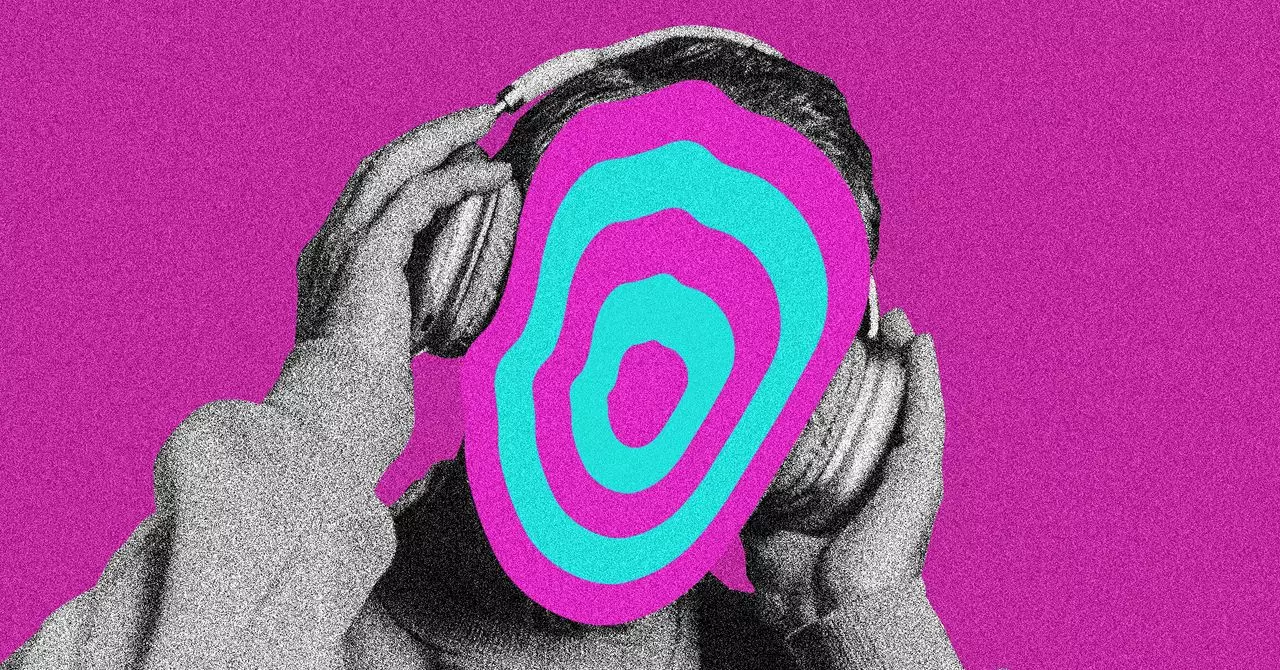Artificial Intelligence’s infiltration into the music industry marks a seismic shift, disrupting traditional notions of creativity, authorship, and quality. As AI-generated tracks flood streaming platforms, listeners are often unaware of the digital auteurs behind these melodies. This phenomenon not only revolutionizes how music is produced but also ignites fundamental debates about authenticity, monetization, and the future of artistic expression. What once seemed like a novelty is now becoming an industry reckoning—posing questions that are both technological and philosophical in nature.
Blurring the Lines Between Human and Machine Creativity
The phenomenon of AI-generated music challenges the very essence of artistic authenticity. Many listening platforms, like Spotify and Deezer, are repositories for an eclectic mix of human and machine-made content. While some tracks genuinely aim to imitate popular genres, others are overtly novelty or even intentionally obscene. The case of AI “artists” producing explicit songs reflects a broader trend: creators leveraging AI tools to craft content that can churn out material with minimal effort and at a rapid pace. This blurring of boundaries begs a question—how do we value music when the creator’s emotional journey is replaced by algorithms? Are we at risk of diluting artistic integrity, or are we witnessing a democratization of creativity, allowing more voices to be heard through machines?
Monetizing AI: A Gray Area With Growing Impact
Despite the controversies, some AI music producers are beginning to monetize their creations. Artisans like JB, the pseudonymous creator behind certain AI-produced novelty tracks, earn modest sums via Patreon and Bandcamp, with Spotify still contributing a small but significant income. This transition into monetization complicates the ethical landscape because it raises questions about fairness and quality control. Should AI-generated content be rewarded financially when its creators may lack traditional artistic skills? Additionally, as AI content proliferates, it floods streaming services with ubiquitous, often indistinguishable tracks. This saturation risks undermining genuine artists’ ability to stand out and monetize their work effectively.
The Industry’s Response and the Need for Regulation
The music streaming ecosystem is struggling to adapt to the rapid ascent of AI content. While platforms like Deezer employ detection tools that flag a significant portion of AI-uploaded tracks, enforcement remains inconsistent. Spotify’s lack of a clear labeling or banning policy on AI music exemplifies the ambiguities that dominate this space. Without comprehensive regulation or transparency, listeners remain largely unaware of whether they are hearing human-created art or sophisticated machine imitations. The absence of proactive controls fosters an environment ripe for exploitation, where AI-generated hits can amass millions of streams without accountability or disclosure.
The Ethical Quandaries and Future Prospects
The presence of AI in music brings to the fore critical ethical questions: Should machines be permitted to imitate or replace human artistry entirely? Is it fair to allow AI to generate content that could overshadow real musicians? While some see AI as an innovative tool that broadens creative horizons, others view it as a threat to the authenticity and emotional depth that human artists bring to music. As AI tooling becomes more sophisticated, the industry faces the challenge of establishing boundaries—balancing innovation with integrity. If unchecked, AI music risks creating a landscape where authenticity is devalued, and listeners are overwhelmed by faceless, machine-made tracks. However, with thoughtful regulation and transparent practices, AI could also serve as a catalyst for new forms of artistic expression rather than a threat to it.
This rapid integration of AI into the music industry signals a transformative era—one that demands critical scrutiny, ethical consideration, and proactive policy-making to ensure it enhances rather than undermines the art form. As creators and consumers navigate this brave new world, the defining question remains: will AI expand our musical universe or erode the human touch that makes music profoundly meaningful?

